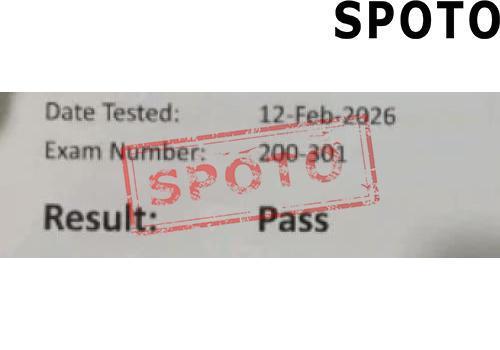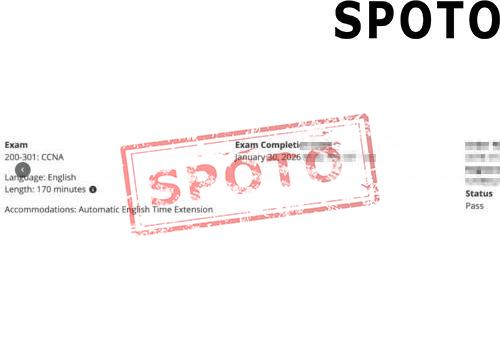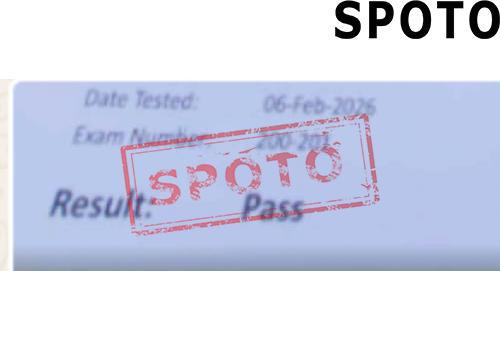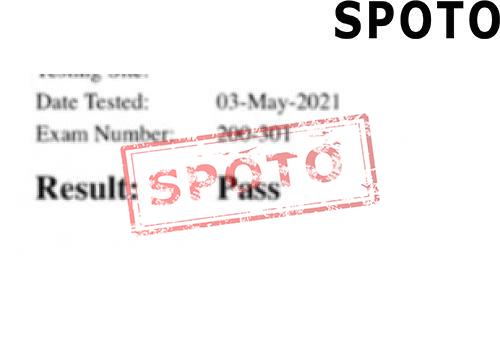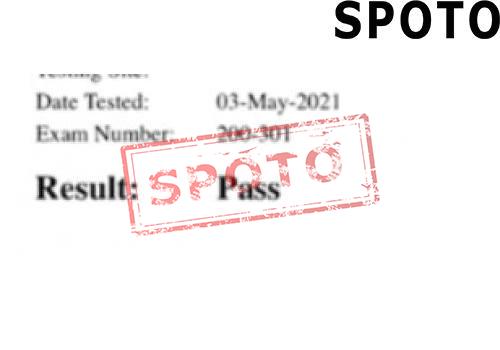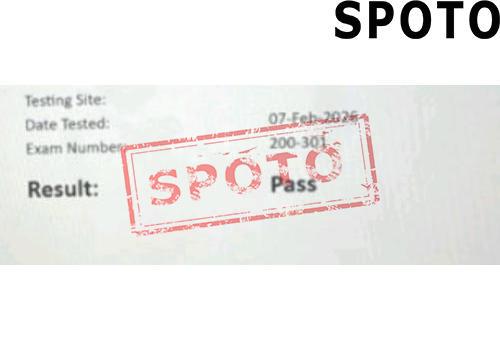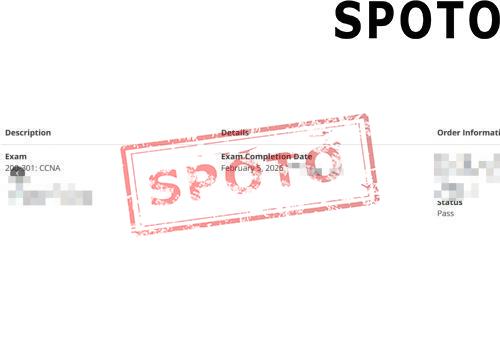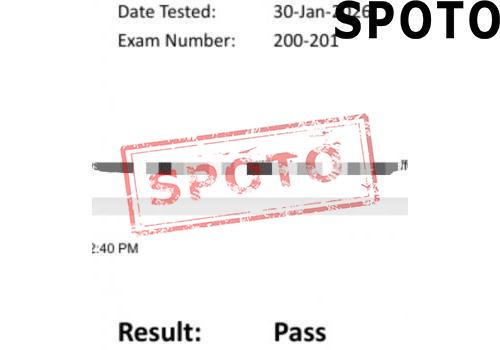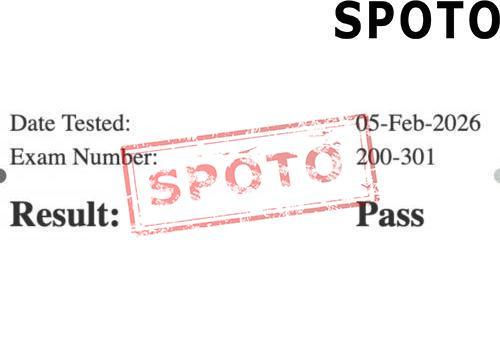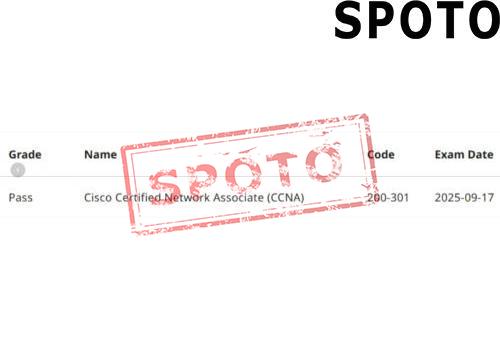
Table of Contents
For those new to networking, earning a Cisco Certified Network Associate (CCNA) certification might seem daunting. With its emphasis on foundational networking concepts, the CCNA certification is a popular starting point for aspiring IT professionals. But is it possible for an amateur with no prior experience to study and pass the CCNA exam independently?
The answer is yes—with focus, persistence, and the right strategy, beginners can successfully self-study for CCNA. Let's explore how.
1. What is the CCNA Certification?
The CCNA certification is Cisco's entry-level credential in networking. It validates your knowledge of core networking concepts, including:
- Networking Basics: Understanding how devices communicate within a network, IP addressing, and subnetting.
- Routing and Switching: Configuring routers and switches to manage network traffic effectively.
- Network Security: Protecting networks from unauthorized access using firewalls, VPNs, and access control.
- Basic Automation: Introducing concepts like Software-Defined Networking (SDN) and basic programming for network tasks.
As of now, the CCNA exam which includes both theoretical and practical components, covers a broad range of topics, making it an excellent foundation for any networking career.
2. Can Beginners Learn CCNA Without Prior Experience?
While the CCNA exam is comprehensive, it's designed to be approachable for those starting their networking careers. Here's why beginners can tackle CCNA successfully:
- It assumes no prior experience in networking.
- Study materials are beginner-friendly, breaking down complex topics into manageable concepts.
- Practical tools like simulators allow learners to gain hands-on experience without expensive equipment.
With the right resources and a structured approach, even complete beginners can achieve CCNA certification.
3. Steps for Beginners to Self-Study for CCNA
3.1 Start with Networking Basics
If you're completely new to networking, start by learning the fundamentals. Understand key concepts like:
- What is a network?
- How do devices communicate?
- What is an IP address?
Resources like Cisco's Packet Tracer or free online courses on platforms like YouTube can be invaluable.
3.2 Use Official Cisco Study Materials
Cisco provides beginner-friendly resources, such as:
- Cisco Learning Network: Offers tutorials, forums, and free resources for CCNA aspirants.
- Official Cert Guide: This book explains concepts step-by-step, with examples tailored for new learners.
These materials ensure you're learning from accurate and reliable sources.
3.3 Explore Beginner-Focused Online Courses
Platforms like SPOTO offer courses designed specifically for amateurs. These courses include:
- Video tutorials explaining concepts visually.
- Quizzes to test your understanding.
- Hands-on practice labs for real-world skills.
3.4 Practice Hands-On Skills
Practical experience is crucial for CCNA preparation. Beginners can:
- Use Packet Tracer: Cisco's free network simulation tool.
- Explore tools like GNS3 for more advanced simulations.
- Opt for cloud-based labs from providers like SPOTO, which offer guided practice in a virtual environment.
3.5 Create a Study Plan
Structure your study sessions to avoid feeling overwhelmed. Allocate time for:
- Learning Concepts: Focus on one topic at a time, such as IP addressing or routing protocols.
- Hands-On Practice: Apply what you've learned in a simulated environment.
- Review and Testing: Use mock exams to track your progress and improve weak areas.
3.6 Join Beginner-Friendly Communities
Online communities can be an excellent source of motivation and support. For beginners, forums like the Cisco Learning Network, Reddit's ccna, and networking-focused Discord groups provide opportunities to:
- Ask questions and clarify doubts.
- Share resources and tips.
- Learn from others' experiences.
4. Challenges for Beginners Learning CCNA
While self-studying for CCNA as a beginner is achievable, there are challenges:
- Overwhelming Information: Networking concepts can initially seem complex.
- Staying Consistent: Without a structured classroom environment, it's easy to lose focus.
- Lack of Practical Experience: Beginners may find it challenging to understand how theoretical knowledge applies in real-world scenarios.
To overcome these obstacles, beginners should take it slow, seek help from mentors or forums, and focus on hands-on practice.
5. Conclusion
For beginners wondering if they can learn CCNA on their own, the answer is a resounding yes. The CCNA certification is designed to be approachable, even for those without prior networking experience. With a structured approach, beginner-friendly resources, and consistent practice, you can build the foundational skills needed to pass the exam and kickstart your networking career.
Start your journey today and take your first steps into the exciting world of IT networking!
